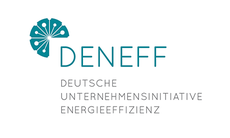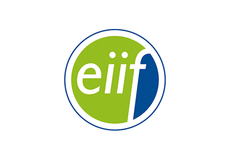Search eceee proceedings
Further development of policies to enhance energy efficiency in the EU industry sector
Panel: 1. Policies and programmes to drive transformation
Authors:
Sonja Kotin-Förster, Ecofys, Germany
Katja Dinges, Ecofys, Germany
Daniel Becker, Ecofys, Germany
Abstract
Energy efficiency is a key building block in the transformation process to a decarbonised and sustainable way of doing business. While the main EU instrument for energy and climate policy in the industry sector is the EU Emission Trading Scheme, it only has secondary effects on energy efficiency. Additionally, the Energy Efficiency Directive (2012/27/EU) only regulates partial aspects, such as energy audits, yet a comprehensive EU strategy enhancing energy efficiency policies in the industry sector is absent. Nevertheless, energy efficiency potentials of up to 192 Mtoe final energy until 2050 remain untapped in the EU (Fraunhofer ISI, 2012). Due to the heterogeneous nature of the industry sector, policies cannot follow a generalist approach. Therefore, certain aspects of industry policy will need to be regulated by member states.
This paper discusses incentives for the energy efficiency market and the design of policy instruments to enhance energy efficiency in the industry sector. It thereby differentiates which policies will be developed at EU level, and which aspects have to be addressed by member states. The paper builds on a report for the German government, which analysed the effectiveness and consistency of existing policies in the industry sector and made recommendations for the further development until 2050 in the EU. Furthermore, insights from the Energy Efficiency Watch 3 project are being used.
Key aspects include defining a strategy for the industry sector towards a climate-neutral economic system, including the promotion of key technologies with transformation pathways for 2030 and 2050 as well as policy instruments such as further developing the requirement and implementation of energy audits and developing benchmarks. Furthermore, strengthening a harmonised energy efficiency market and providing new business models will support this development.
Downloads
Download this presentation as pdf: 1-027-18_Kotin-Foerster_pres.pdf















